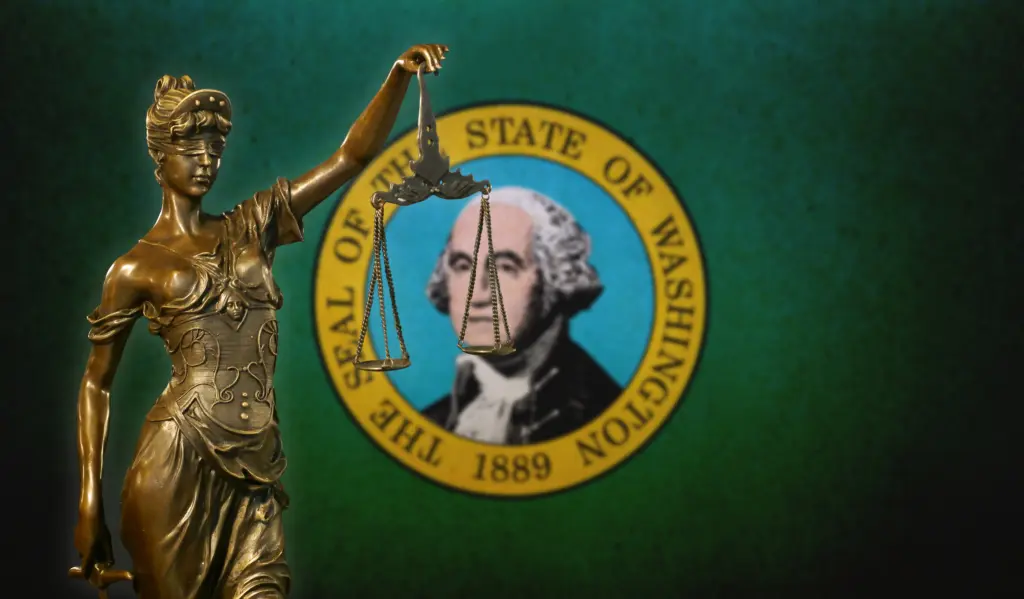Experiencing a car accident in Nevada can be incredibly stressful and turn your life upside down. Knowing how to navigate the insurance claims process is crucial to getting the compensation you deserve. We’re here to guide you through the key steps and offer valuable insights to help you manage your claim effectively.
Nevada’s At-Fault Insurance System
Nevada operates under an at-fault insurance system, which means the driver who is responsible for the accident is liable for all resulting damages. This system affects how claims are filed and how compensation is distributed.
Liability Determination
Determining liability is one of the bigger steps. Insurance companies will investigate to establish who was at fault based on police reports, witness statements, and other evidence.
Immediate Steps to Take After an Accident
Taking the right actions immediately after the accident can significantly impact your insurance claim.
Make Sure Your Safe and Call for Help
First, check for injuries to yourself and others. Call emergency services if anyone is hurt. Safety should always be your top priority.
Document the Scene
Gather as much evidence as possible. Take photos of the vehicles, road conditions, and any visible injuries. Collect contact information from witnesses.
Exchange Information
Exchange contact and insurance information with the other driver(s) involved. This includes names, phone numbers, addresses, driver’s license numbers, and insurance policy details.
Reporting the Accident
Timely reporting is essential in the insurance claims process.
Notify Law Enforcement
In Nevada, you’re required to report any accident that results in injury, death, or property damage over $750. A police report can serve as valuable evidence during your claim.
Inform Your Insurance Company
Contact your insurance provider as soon as possible to report the accident. Provide them with all the necessary details without admitting fault.
Filing an Insurance Claim
Understanding how to properly file your claim can expedite the process.
Gather Necessary Documentation
Prepare all relevant documents, including medical records, repair estimates, and the police report. This information supports your claim and helps prove damages.
Submit a Demand Letter
A demand letter outlines the details of the accident, the extent of your injuries, and the compensation you’re seeking. It’s a formal way to initiate the claims process.
Dealing with Insurance Adjusters
Insurance adjusters play a big role in determining the outcome of your claim.
Be Cautious in Communication
Adjusters may try to minimize the payout. Be careful with your statements and avoid admitting any fault. It’s advisable to let a legal professional handle communications.
Negotiating a Settlement
Don’t accept the first settlement offer if it doesn’t cover all your expenses. Be prepared to negotiate for a fair amount that reflects your actual damages.
Compensation Types
Knowing what compensation you’re entitled to can help you evaluate settlement offers.
Economic Damages
These include medical expenses, lost wages, and property damage. Keep detailed records of all costs incurred due to the accident.
Non-Economic Damages
Compensation for pain and suffering, emotional distress, and loss of enjoyment of life falls under this category. These are more subjective but equally important.
The Role of Comparative Negligence in Nevada
Nevada follows a modified comparative negligence rule.
Impact on Your Claim
If you’re found to be partially at fault, your compensation may be reduced by your percentage of fault. However, if you’re more than 50% responsible, you may be barred from recovering damages.
Why Hiring a Legal Professional Can Maximize Your Compensation
While it’s possible to navigate the insurance claim process on your own, doing so can sometimes lead to receiving less compensation than you deserve. Without legal expertise, you might make clerical or technical errors that could affect the outcome of your claim. Plus, if you’re recovering from injuries, the last thing you want is to deal with mounting paperwork and legal headaches. Hiring a legal professional can help you avoid these pitfalls, ensuring your claim is handled correctly and maximizing your potential compensation.
Seeking Legal Assistance
An experienced personal injury attorney can be invaluable in complex cases.
Benefits of Hiring an Attorney
Having an attorney on your side can make a huge difference—they’ll guide you through the legal process, negotiate with insurance companies for you, and stand up for your rights to help you get the fair compensation you deserve.
Statute of Limitations in Nevada
Time is of the essence when filing a claim.
Filing Deadlines
Nevada law typically allows two years from the date of the accident to file a personal injury lawsuit. Missing this deadline can forfeit your right to compensation.
Protecting Your Rights
Taking proactive steps can safeguard your interests throughout the claims process.
Avoid Social Media
Refrain from posting about the accident or your injuries on social media. Insurers may use your posts against you.
Keep Detailed Records
Maintain a file with all accident-related documents, correspondence, and receipts. This organization will support your claim and legal proceedings if necessary.
Let West Coast Trial Lawyers File Your Claim—For Free!
At West Coast Trial Lawyers, we’re committed to guiding you through the complexities of insurance claims after a Nevada car accident. By following the insights in this blog and considering our professional legal assistance, you can confidently pursue your claim—and we’ll file it on your behalf with zero upfront fees or out-of-pocket costs!
To schedule a free consultation, call (213) 927-3700 or complete our easy online contact form to speak to an experienced Nevada Personal Injury Attorney today.












































































